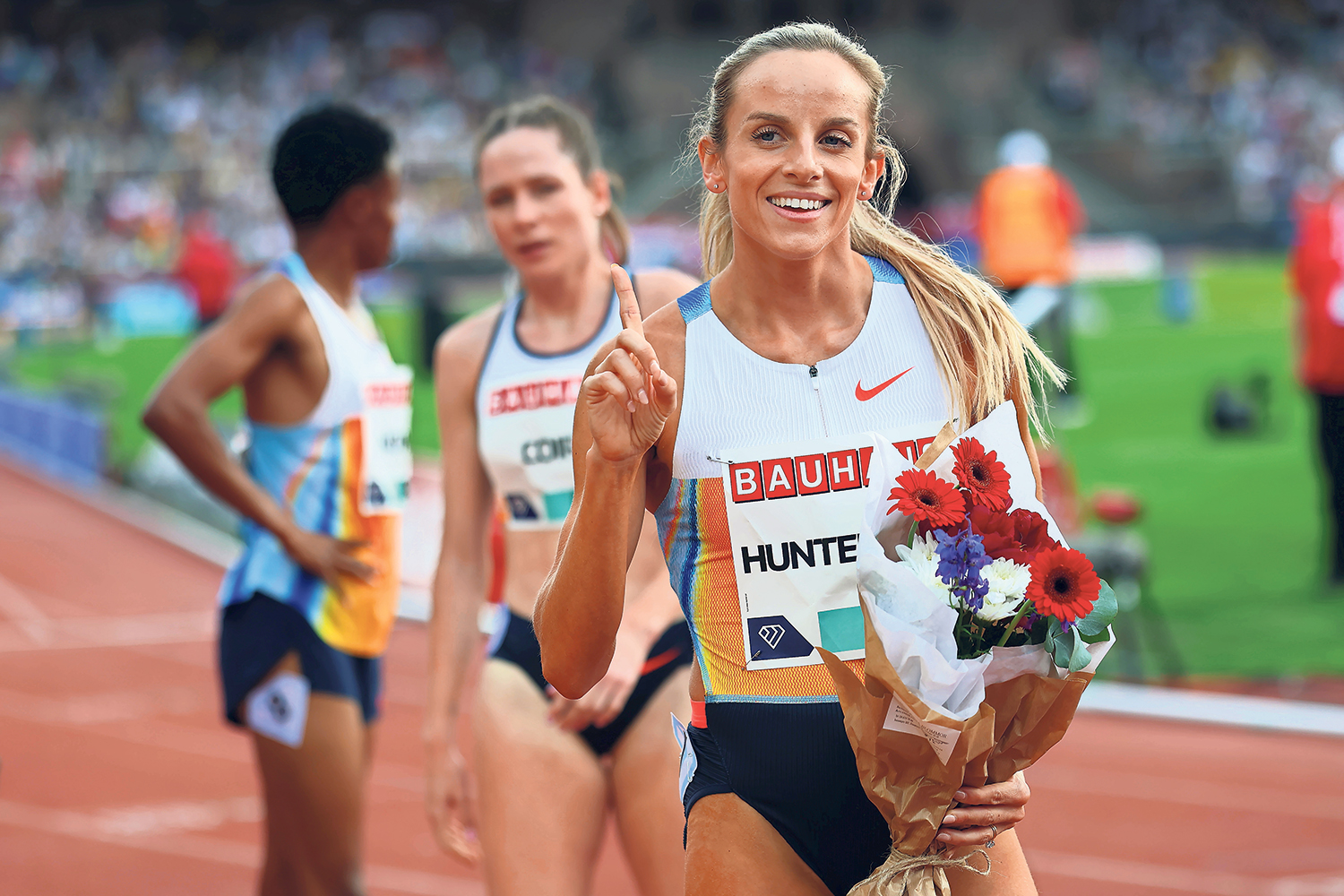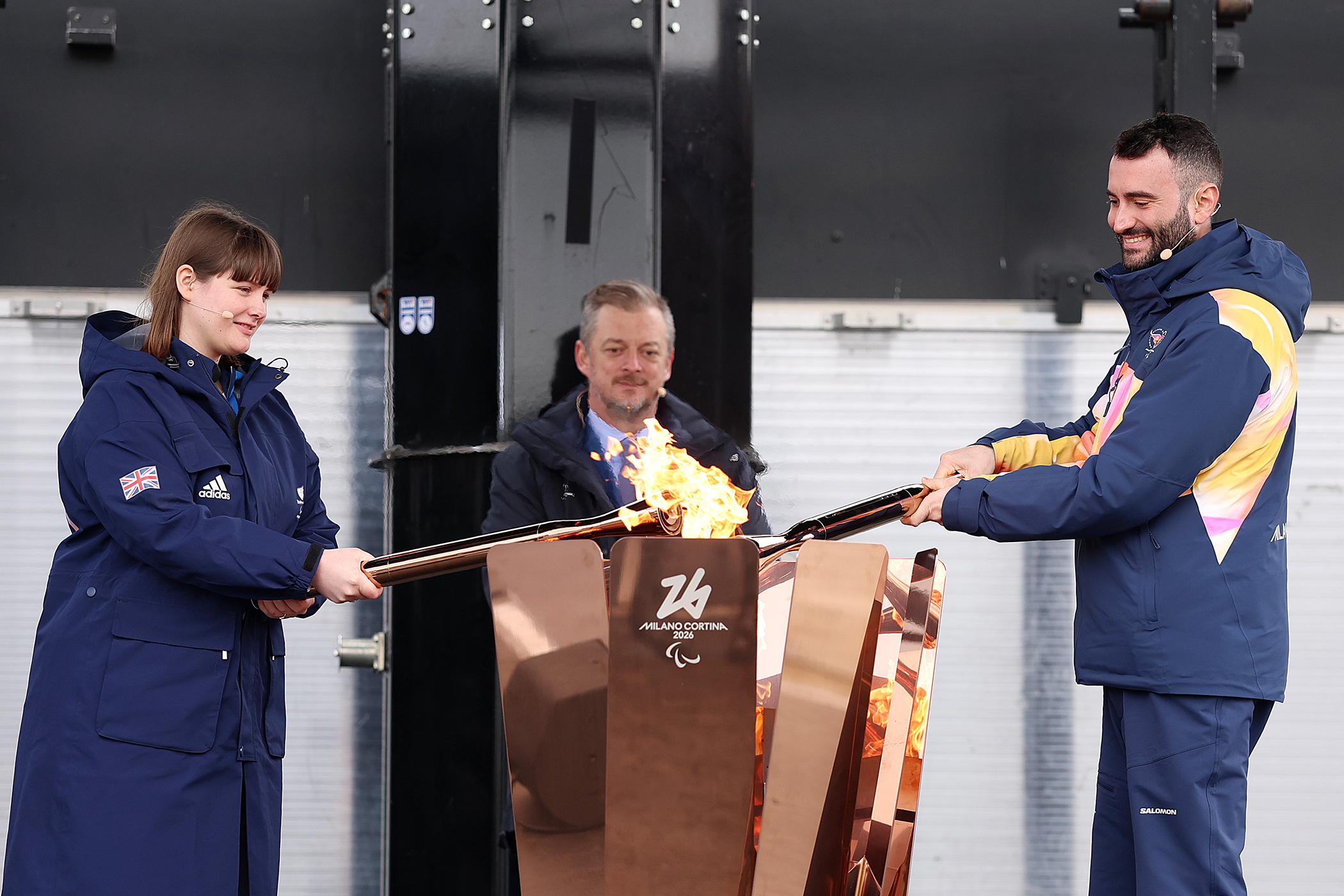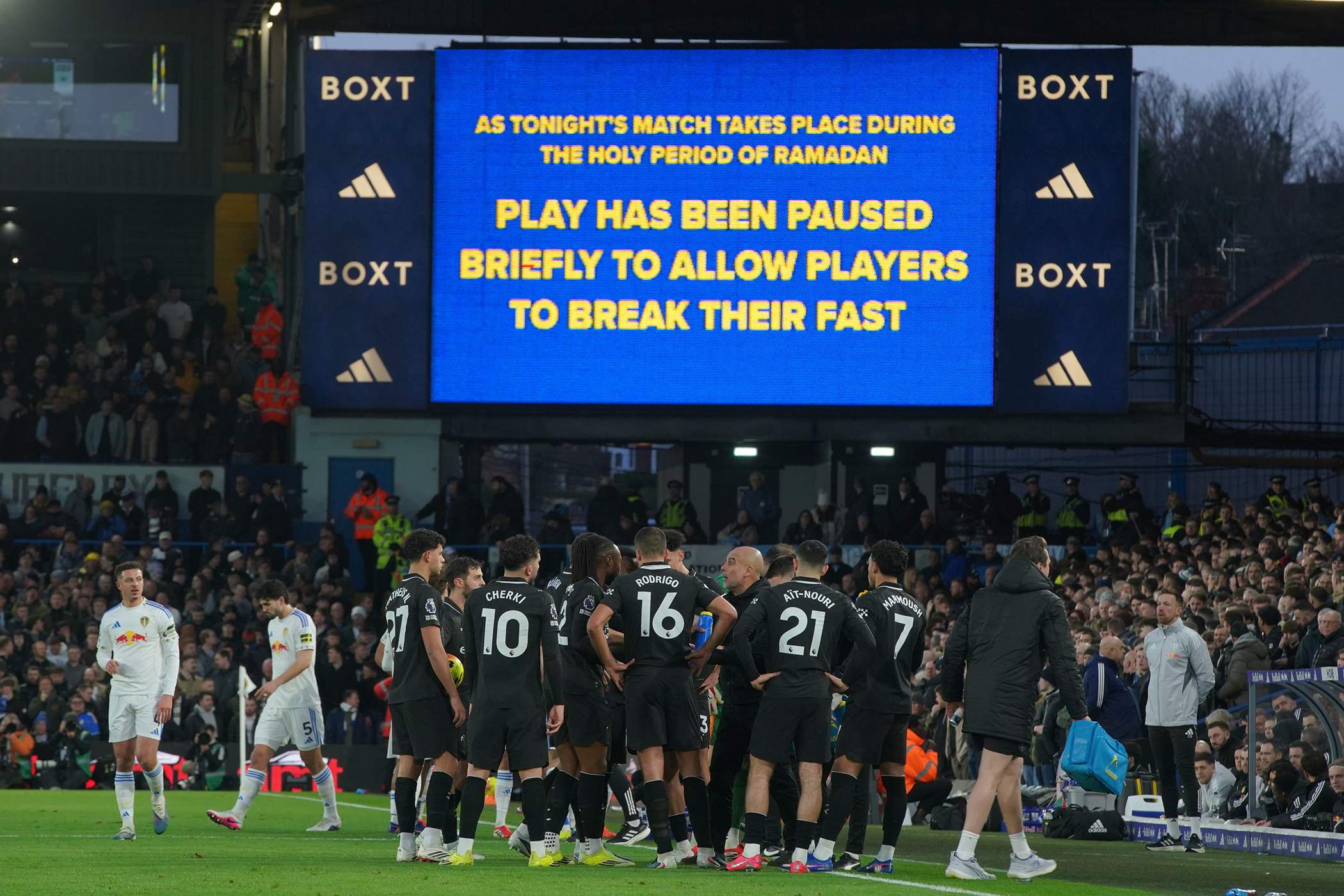It was September 2021, in the lobby of the Crowne Plaza Zurich hotel, that UK Athletics’ plight reached breaking point.
Years of financial turmoil, curious appointments, ruthless cuts, poor communication, ethical scandals, lack of sponsors and loss of a television deal had left a group of Britain’s leading athletes so disgruntled at their national federation that they capitalised on a chance encounter with World Athletics president Seb Coe at the Zurich Diamond League by urging him to intervene, even suggesting they might resign from their UK Athletics contracts and walk away from funding.
Barely a month later the federation’s chief executive and performance director both suddenly quit.
There is often a disconnect between sport’s suit-wearers and competitors, the latter often have minimal desire to involve themselves in boardroom politics. That a group of world-level athletes felt compelled to voice their concerns spoke volumes.
Nearly four years on – the length of an Olympic cycle, to use the sport’s natural timescale – the noises are, happily, totally different. Last month, UK Athletics announced financial services brand Novuna as its first headline sponsor to cover all British teams and events since Aviva walked away after London 2012.
This week, the federation confirmed a new five-year deal with the BBC to show coverage of major events, starting with next Saturday’s newly named Novuna London Athletics Meet (London’s leg of the Diamond League).
The 60,000-seat sold-out meet at the London Stadium is the largest one-day athletics event in the world by a large margin, yet has contributed to substantial losses over recent years. In 2022, UK Athletics lost £800,000 on hosting the Diamond League (in Birmingham), while the next year’s event in London left a £400,000 hole despite a near sell-out.
The new Novuna deal – after two years without a title sponsor for the competition – should go a long way towards the governing body finally turning a profit this year.
Much is due to an acceptance of UK Athletics’ limitations. Last year, the federation partnered with London Marathon Events and Great Run Company to form Athletic Ventures.
It is through this new body – particularly the expertise of the hugely successful London Marathon personnel – that commercial partners have been found. Whether the financial boost can help restore a second Diamond League and World Indoor Tour meet – both shamefully lost in recent years – remains to be seen.
Newsletters
Choose the newsletters you want to receive
View more
For information about how The Observer protects your data, read our Privacy Policy
“We think there’s loads of potential in [London’s Diamond League] becoming strongly profitable,” said UK Athletics chief executive Jack Buckner, who has carried out a big cost-saving exercise at the organisation during his tenure.
“It feels for me like we can make the Diamond League like our Silverstone [Formula One’s British Grand Prix]. That will sweep up a lot of the issues we have in a positive way.”
Buckner has spoken of his desire to cash in on the reach of last year’s Olympic 800m champion and BBC Sports Personality of the Year winner Keely Hodgkinson, suggesting she “can transcend the sport” and will “be at the heart of many of our plans”. Sadly, she will be absent from London after pulling out with a hamstring injury that’s stopped her racing all year – a big concern with the UK Championships weeks away. Fortunately, this year’s showpiece Tokyo World Championships are not until the end of September.
The London meet’s much-anticipated showdown between 1,500m rivals Josh Kerr and Jakob Ingebrigtsen has also failed to materialise, with the Norwegian’s longstanding Achilles injury prompting his withdrawal.
The race will nonetheless feature a fascinating home-nation battle between reigning world champion Kerr, his predecessor Jake Wightman and the newly installed second-fastest British runner ever George Mills.
Without Hodgkinson, Olympic 1500m medallists Georgia Hunter Bell and Laura Muir face off in the 800m, while global acts include America’s Olympic 100m champion Noah Lyles and the Netherlands’ multiple distance star Sifan Hassan.
The hope is for all to return to the London Stadium for the 2029 World Athletics Championships. More than 100 of Britain’s notable past and present athletes – including Hodgkinson, Mo Farah and Jessica Ennis-Hill – last month wrote to the Prime Minister urging the Government to commit the required £45 million to support a bid. If those in Westminster have doubts about the appetite for the sport, a look at the 60,000 people cheering on Saturday should abate them.
Positivity has been in short supply for athletics in Britain; it would be nice to have it stay.
Photograph by Maja Hitij/Getty Images



